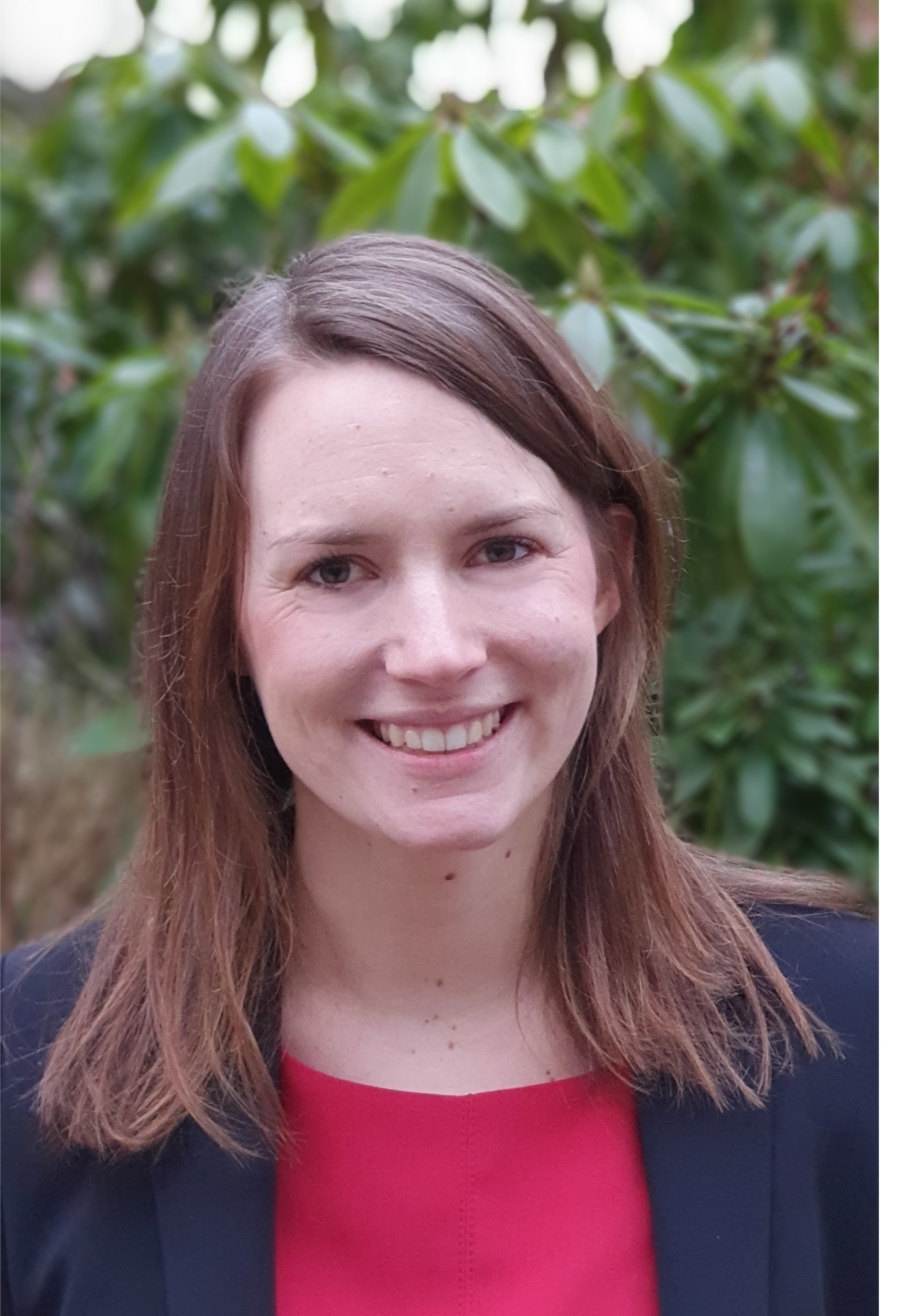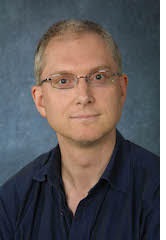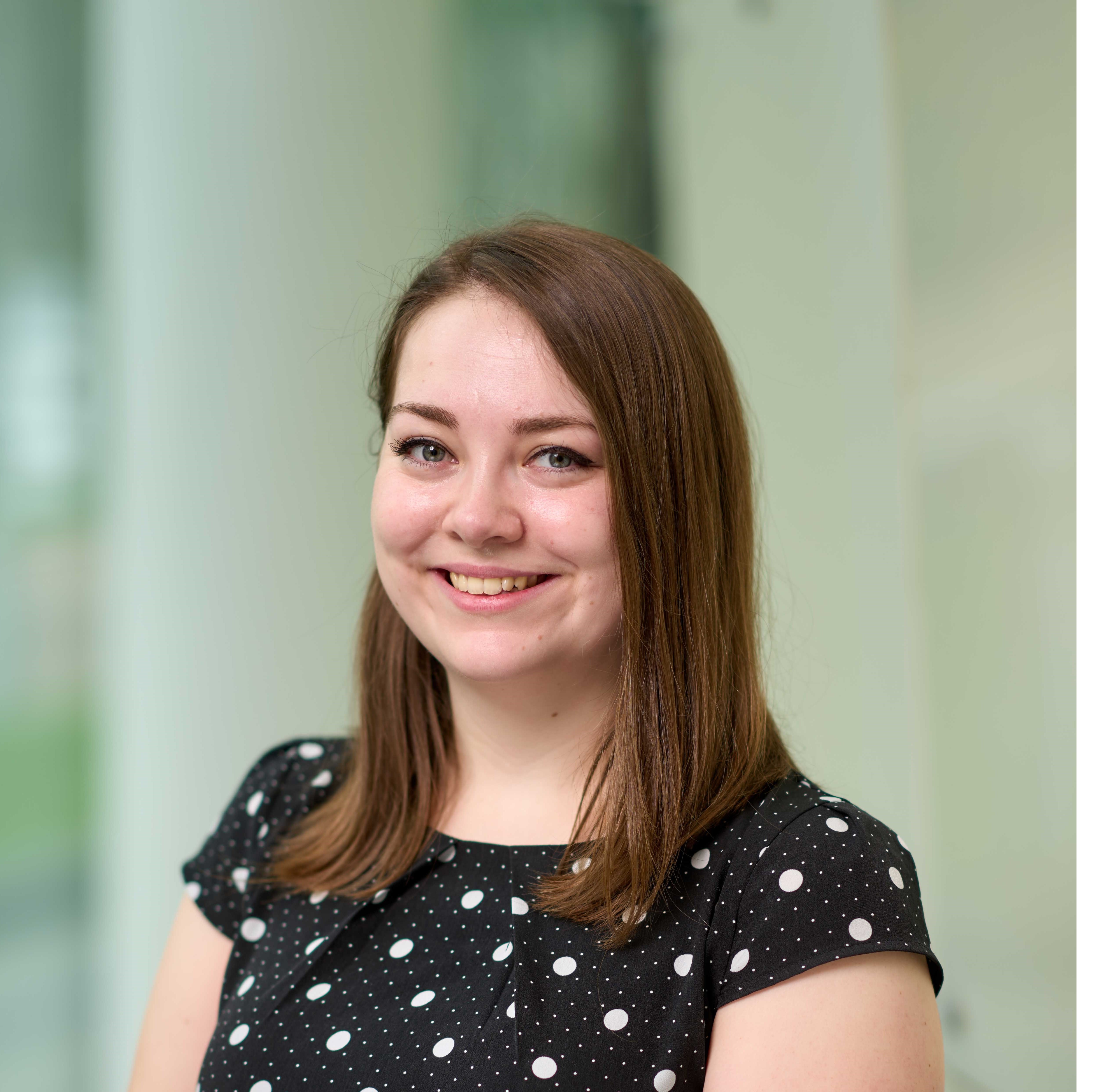Diversity & InclusionACSOS 2024
In this panel discussion, we want to initiate important conversations and create space that will help shape the future of diversity and inclusion in autonomic computing and self-organizing systems.
The objectives of this panel discussion would be around:
-
Exploring current D&I challenges and opportunities within the field
-
Discussing the impact of diversity on innovation and research outcomes
-
Fostering dialogue on best practices for promoting an inclusive environment
-
Discussing bias in different research aspects of ACSOS community, consider gender and minority representation in case studies and as study subjects, empirical analyses and experiments
-
Exploring potential initiatives to promote diversity and inclusion in activities related to the ACSOS community
Speakers
Dr Rebekka Wohlrab

Rebekka Wohlrab is an assistant professor in Software Engineering at Chalmers University of Technology in Gothenburg, Sweden. She is also an adjunct faculty member at the Software and Societal Systems Department at Carnegie Mellon University, Pittsburgh, USA. She and her group work on human-in-the-loop self-adaptive systems, with a focus on software architecture and requirements engineering. Rebekka has been involved in several D&I initiatives, e.g., by co-organizing Girls Code Club, a coding bootcamp for high-school girls. She received a PhD in Computer Science from Chalmers University of Technology in 2020.
Dr Ada Diaconescu
Ada Diaconescu holds an associate professor position (tenured) at Télécom Paris, Institut Polytechnique de Paris since 2009. She was awarded a PhD in Electronic Engineering and Computing from Dublin City University (2006) and carried out research in various institutions including INRIA, Orange Labs, University of Grenoble-Alpes and University of Hanover. Her main research interests include autonomic and organic computing, multi-scale feedback systems, self-integrating and self-explaining systems. Application domains include smart grids and houses and large human organisations. She has fulfilled the role of Steering Committee co-chair for ACSOS since its inception in 2020.
Professor Jeremy V. Pitt

Jeremy Pitt is Professor of Intelligent and Self-Organising Systems in the Department of Electrical and Electronic Engineering at Imperial College London (UK), where he has been a researcher and educator in Artificial Intelligence and Human-Computer Interaction for over 30 years. His research interests focus on developing formal models of social processes using computational logic, and their application in self-organising multi-agent systems for engineering cyber-physical and socio-technical systems; results of this work won two Best Paper awards from the original IEEE SASO Conference.
He has been an investigator on more than 30 national and European research projects and has published nearly 300 refereed articles in journals, conferences, workshops and book chapters; his book “Self-Organising Multi-Agent Systems: Algorithmic Foundations of Cyber-Anarcho-Socialism” was published by World Scientific in 2021. He is a Fellow of the BCS and a Fellow of the IET. From 2020-2024 he was Chair of the Department EDI (Equality, Diversity and Inclusivity ) Committee, leading the successful application for UKHE Athena Swan Bronze Renewal. From 2018- 2023, he was Editor-in-Chief of IEEE Technology and Society Magazine, where he wrote extensively on the societal impact and ethical implications of unrestricted Artificial Intelligence.
Dr Chloe M. Barnes

Chloe M. Barnes is a Lecturer in the Department of Applied AI and Robotics at Aston University, UK, and is a member of the Aston Centre for Artificial Intelligence Research and Application (ACAIRA). Her research interests lie in the fields of Computational Intelligence and Artificial Life, to explore and understand the unintended interactions that arise in sociotechnical systems, and to mitigate those interactions using inspiration from neuroscience, biology, sociology, and psychology. She received her BSc and PhD in Computer Science from Aston University in 2017 and 2021 respectively.
Wed 18 SepDisplayed time zone: Amsterdam, Berlin, Bern, Rome, Stockholm, Vienna change
14:00 - 15:00 | |||
14:00 60mPanel | D&I Panel Diversity & Inclusion Chloe Barnes Aston University, Rebekka Wohlrab Chalmers University of Technology, Ada Diaconescu LTCI Lab, Telecom Paris, Institute Politechnqie de Paris, Jeremy Pitt Imperial College London | ||